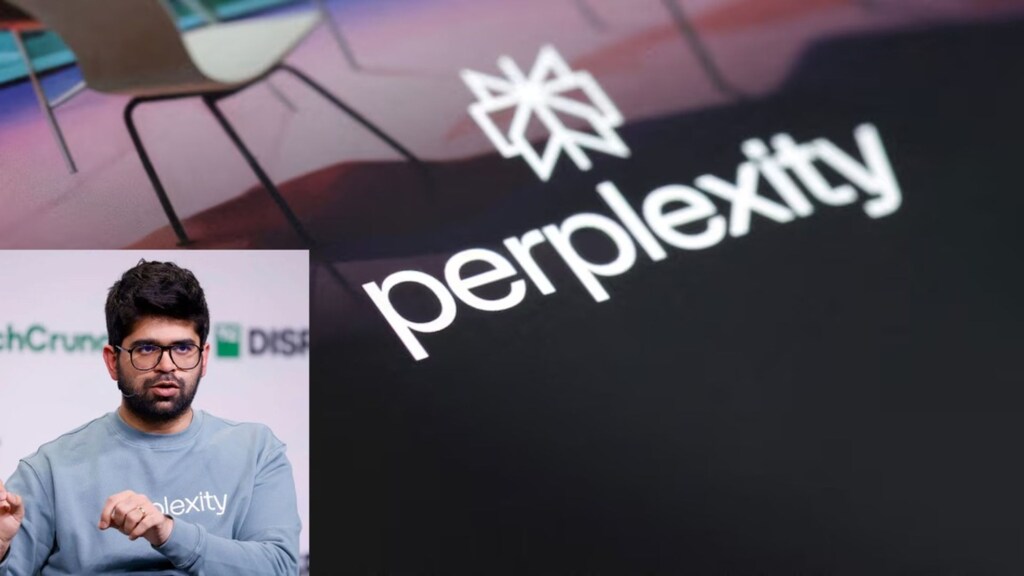In a move that has shocked both Silicon Valley and Wall Street, Perplexity a fast rising A.I start up has offered to buy Google’s Chrome browser for $34.5 billion. The offer comes amid mounting antitrust pressure on Google, with a potential court ruling that could force the tech giant to divest one of its most valuable assets.
This Chrome browser bid not only underscores the growing ambition of young artificial intelligence companies but also signals a potential turning point in the internet’s competitive landscape.
Why Chrome Is on the Line
Google’s Chrome browser holds over 60% of the global market share, according to StatCounter. Its dominance has long been a point of contention for regulators, especially in the United States. Later this week, Judge Amit Mehta is expected to deliver a decision in a high profile antitrust case.
If the ruling goes against Google, one possible remedy could be forcing the company to sell its browser division, thereby reducing its overwhelming control over web access and online search. For Perplexity, this is a rare opening one that might never come again.
Ambition Meets Opportunity
Perplexity’s CEO, Aravind Srinivas, addressed a letter directly to Sundar Pichai, Google’s parent company CEO at Alphabet. In it, Srinivas emphasized that the $34.5 billion bid was designed to satisfy an antitrust remedy in the highest public interest by placing Chrome with a capable, independent operator.
From a strategic standpoint, this move could help Perplexity achieve two goals. Acquiring the Chrome browser would give Perplexity access to hundreds of millions of users worldwide overnight. By embedding its advanced AI tools directly into the browser, Perplexity could redefine how people interact with the web.
Could This Actually Happen?
Tech analysts are split. Michael Denton, an antitrust expert at Stanford University, told TechLegal Review. While Perplexity’s offer is bold, it’s unlikely Google will voluntarily sell Chrome unless forced by the courts. However, the mere existence of this offer strengthens the argument that divestiture is feasible and could be in the public interest.
From an investment perspective, Linda Carver, a Silicon Valley venture capitalist, noted. Perplexity is playing a high stakes game. Even if the bid fails, they’ve just positioned themselves as a serious player in the AI and browser wars. That visibility is worth millions.
The most relevant historical parallel is the Microsoft antitrust case of the late 1990s. Back then, Microsoft faced potential breakup orders over its bundling of Internet Explorer with Windows. While it avoided being split up, the legal and regulatory pressures forced changes that opened the door for competitors like Google itself.
If Judge Mehta rules against Google and demands a structural remedy, Chrome could be spun off much like how AT&T was broken into regional Baby Bells in 1984. In that scenario, a smaller but ambitious company like Perplexity could become a legitimate bidder.
The User Experience Impact
As someone who has used Chrome since its launch in 2008, I’ve seen it evolve from a lightweight browser into a powerful, but sometimes bloated, digital ecosystem. If Perplexity took over, I imagine two immediate shifts.
AI First Navigation Search, recommendations, and browsing could become deeply personalized, predicting needs rather than simply responding to them. Reduced Google Lock In Without ties to Google Search.
The Chrome browser could give users more freedom to choose default engines, possibly boosting competition. For everyday users, this could feel like regaining some control over their online experience a rare win in the era of big tech dominance.
The company, while innovative, is still small compared to Google. Managing a global browser with billions in annual operating costs is a monumental task. There’s also the question of whether users would trust a relatively unknown player to handle their data security.
If successful, the acquisition could set a precedent for how antitrust actions can foster genuine competition. Other AI start ups might be encouraged to bid for established platforms, injecting fresh ideas into stagnant markets.
The Future of the Chrome Browser: Three Scenarios
The court rules in Google’s favor, and the offer becomes a footnote in tech history. Chrome is sold, potentially to Perplexity, reshaping the browser wars overnight. Even if Google retains Chrome, it might partner with Perplexity to integrate cutting edge AI features, a win win for both.
Perplexity’s bid for the Chrome browser is about more than just one acquisition it’s a symbol of a shifting balance in technology. For years, AI start ups have worked in the shadow of tech giants. Now, they’re not just competing they’re attempting to buy the very platforms that define the internet.
Whether or not this deal happens, the message is clear the next era of the web may be shaped not by the companies that built it, but by the AI innovators daring enough to challenge them.

